The realm of cinema is filled with diverse offerings from all over the world. Many cinephiles will overcome the obstacles presented by distribution to enjoy these films in their original presentation. Casual viewers are not that committed to their viewing experience. It's widely known that most American audiences cringe at having to read subtitles in any movie. Some feel it is distracting, while others think the effort detracts from the experience.
Regardless of the way you feel about foreign films, the fact remains that Hollywood is well aware of this market, and they try to covet as many of these people as they can by taking the original product and remaking it from scratch to present it to American audiences in a tidy package. More than often, the results are subpar, even if these movies are visually enhanced. Asian films are an unending source of remakes and adaptations in the American market.
With that said, here are ten films that are much better in their original Asian presentation
10 Ju-On (2002)
The world created by Takashi Shimizu is based on the premise of revenge and rage. In Ju-On, vengeful spirits that died violently take over a household and wreck hell in anyone who dares enter their domain. In the original film, a home care worker named Rika is tasked with assisting a family when she suddenly notices the presence of ghostly appearances. It's revealed the ghosts are a woman named Kayako and her son Toshio, whom Kayako's husband brutally murdered.
Each person in contact with the household carries a piece of the curse and is condemned to die or disappear. Although the same director handles the American remake and has the star power of Sarah Michelle Gellar behind it, the film is not as charming as the original. The Japanese entry would spawn a longstanding franchise with more than ten films, a TV show, and video games that is still ongoing.
9 Oldboy (2003)
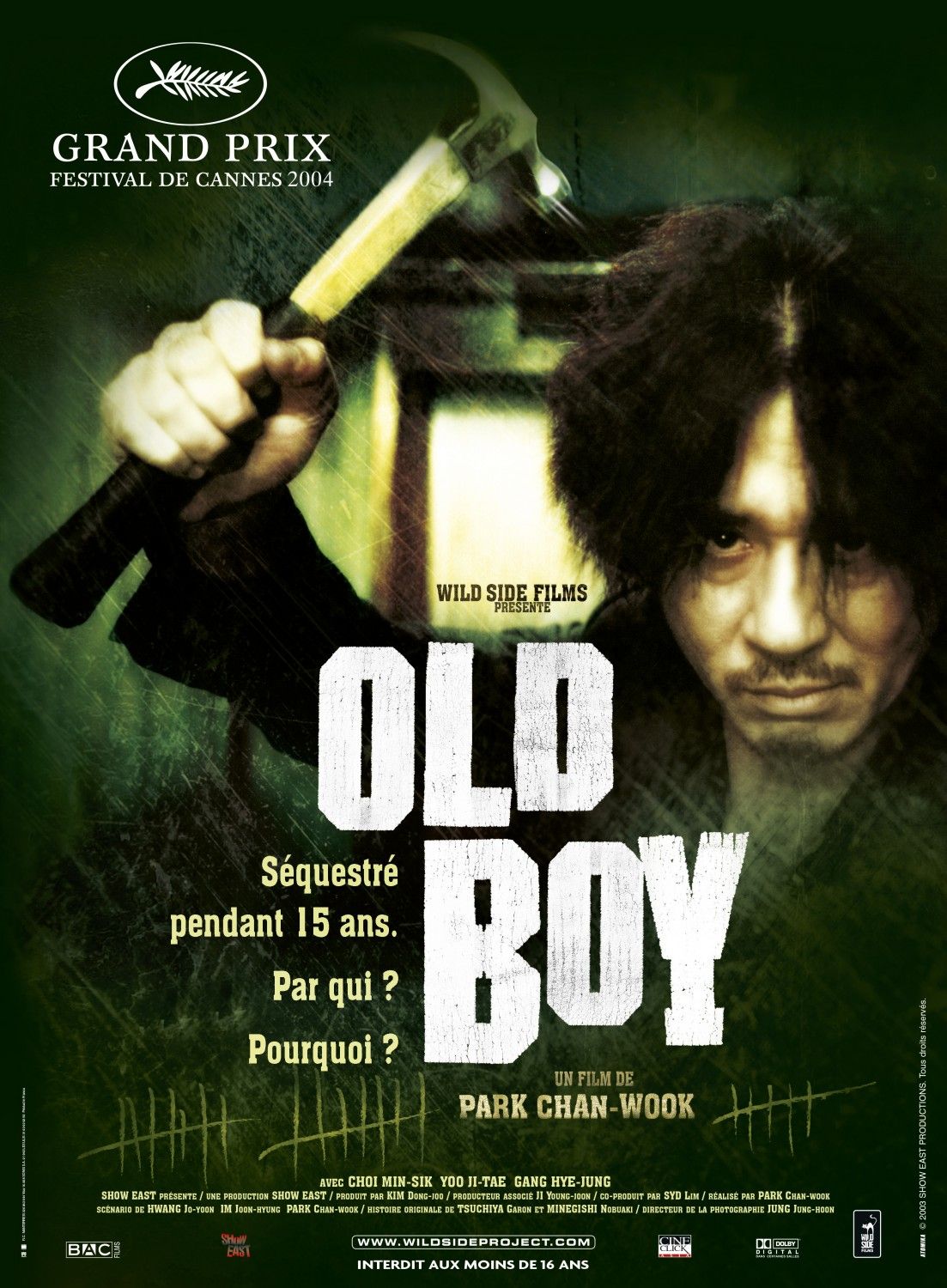
Oldboy (2003)
-
- Release Date
- November 21, 2003
- Director
- Park Chan-wook
- Cast
- Choi Min-sik, Yoo Ji-tae, Kang Hye-jeong, Kim Byeong-Ok
- Main Genre
- Action
Park Chan-wook's magnum opus is the crucial entry point to Asian cinema for many people. Oldboy is based on a manga of the same name by Garon Tsuchiya and Nobuaki Minegishi. The complex story explores themes of revenge, incest, and violence to the Nth degree. Choi Min-Sik plays Dae Su, an obnoxious drunk who neglects his family until one day, he's kidnapped and held prisoner without reason for 15 years, with a TV to keep him up to date on recent events.
After being released, Dae Su must piece the pieces of the puzzle together to find out who did this to him. The film was remade for American Audiences in 2013, with Spike Lee at the helm and Josh Brolin taking the lead role. The results are underwhelming and an outright travesty by most critical accounts.
8 Gojira (1954)
Gojira (or Godzilla) is a revered figure in Japan. The monster was one of the many coping mechanisms used by Japan to explore the consequences of nuclear fallout after World War 2 ended. It's also the first kaiju film ever made and the first film of the Showa era. The character created by Shigeru Kayama and the film written and directed by Ishirō Honda laid the foundations for a subgenre of Japanese films that would become a staple in their entertainment industry for many years.
Americans finally had a shot at making their own version in 1998, so they handed over the reins to filmmaker Roland Emmerich, an expert on disaster movies. The final result was a giant pseudo-lizard that looked nothing like the original. The film was critically panned and made Toho wary of handing over licensing rights in the West for nearly 16 years when they finally conceded and made a deal with Legendary Pictures and Warner Bros.
7 Seven Samurai (1954)
Seven Samurai is the be-all and end-all of Japanese filmmaking. This revered classic written and directed by Akira Kurosawa has been readapted and remade more times than we can count in this list. Despite being a 70-year-old movie, the story of a Ronin Samurai who falls on hard times, committing to save and protect a villain from bandits while joining with six other Samurai like him, is a timeless tale that rings all the right tunes with audiences.
Folks like Martin Scorsese and Quentin Tarantino count this movie as a source of career inspiration. Hollywood hasn't missed the chance to offer their version, with films like The Magnificent Seven, first presented in 1960, with a remake done in 2016, changing the Samurai setting for the gun-slinging Wild West. Other American remakes include The Invincible Six, Battle Beyond the Stars, and many others.
6 One Missed Call (2003)
One Missed Call is a movie directed by Takashi Mike based on the novel Chakushin Ari by Yasushi Akimoto. It's the story of a young student named Yumi who is minding her own business until she gets a call from a friend freaking out over a voicemail she received from herself telling her the date of her death. Yumi tries to comfort her friend, but soon enough, as stated in the message, she dies, making Yumi concerned.
Things get a turn for the worse when all her friends begin getting the same message and die one by one. The remake, directed by Eric Valette and released in 2008, changes the story's setting to make the lead an established medical professional trying to solve a murder mystery. It was critically panned by the aggregator website Rotten Tomato, which describes the film as the worst J-Horror film to be adapted for American audiences.
5 Kairo (2001)
Even in the early days of the Internet, the Japanese realized the potential to spread horror online using the web to carry ghosts. Kairo begins with a student named Taguchi committing suicide. Numerous people experience terrifying visions a few days later each time they go online. The film is told from three different points of view as three other people try to figure out the mystery of the ghostly appearances and the increasing violence related to these apparitions.
The premise created by Kiyoshi Kurosawa caught the attention of Wes Craven, who penned the script for the American remake. The movie was renamed Pulse for American audiences and directed by Jim Sonzero. Despite minimal deviations from the original plot and the solid casting of Kristen Bell and Ian Somerhalder, the movie still feels like something old with a shiny coat of paint and nothing else.
4 Dark Water (2002)
Dark Water is a film based on a short story written by Koji Suzuki. Hideo Nakata directs the screenplay by Yoshihiro Nakamura and tells the story of a newly divorced single mother named Yoshimi who is struggling to keep custody of her son. The legal battle has taken a toll on Yoshimi's mental state, who attempts to rebuild her life by moving into a new apartment building. When the sudden visions of a young girl begin to disrupt her life, Yohsimi must figure out the mystery behind this girl's identity to ensure she's not going mad.
The American remake was released three years later, directed by Walter Salles and starring Jennifer Conelli. While the film managed to get some critical praise, it is still a lesser offering with a not-so-compelling resolution than the original, especially since the character of Yoshimi gets to make peace with her destiny after seeing her grown daughter at the end of the Japanese version.
3 Il Mare (2000)
Lee Hyun-seung directs the time-transcending romance, Il Mare. In this story, a man and a woman separated by a two-year time gap communicate using a mailbox. The ongoing communication creates a bond between these people who have never met. Still, their destinies are intertwined until the woman realizes the only means to know the man she longs for is to make the right choices in her timeline.
The plot was used almost bit by bit in the American remake of The Lake House. The movie starred Sandra Bullock and Keanu Reeves. Pairing the actors in a romcom was this film's most significant selling point since the couple had previously worked together in Speed in 1994. The movie by Alejandro Agresti is not a bad film, but if you've seen the original, this one feels lacking and less nuanced than the original.
2 A Tale of Two Sisters (2003)
A Tale of Two Sisters is another great entry point to Korean cinema. This philological horror story, directed by Kim Jee-woon, tells the story of a teenager named Su-mi who returns home after being institutionalized in a mental facility. After resuming life with her sister in the family's country home, she finds out his father has remarried to a new woman that both sisters resent. A series of incidents make the sisters realize they are in danger, but the reality is far more depressing than the children imagine.
The film was remade in 2009 by The Guard Brothers and renamed as The Uninvited. This new offering sorely lacks the dramatic impact of the most poignant moments in the story by trying to showcase under the guise of cheap scares. As expected, this Western effort was critically panned, especially considering the high quality of the original.
1 Infernal Affairs (2002
The Infernal Affairs trilogy is a series of films written and directed by Alan Mak and Andrew Lau, featuring the exceptional talents of Andy Lau and Tony Leung, two of the most respected actors in the Chinese entertainment industry. In this story, an idealistic police cadet is recruited by a Police Superintendent to go deep undercover in the Triads. At the same time, a crime boss from the criminal group infiltrates the police with a Triad member.
The story takes place over a decade and three films. This film was the layout for the script of The Departed, a movie directed by Martin Scorsese. The script written by William Monahan was so good that it brought a list of Hollywood's best to make the film happen, with Brad Pitt producing and the casting of Leonardo Di Caprio, Jack Nicholson, Matt Damon, Alec Baldwin, and many others. There's no wrong choice here, but the more complete version of the story is found in the original Chinese film.
Article From & Read More ( 10 Asian Films That Are Way Better Than Their American Remake - MovieWeb )https://ift.tt/oFjrBQg
Entertainment

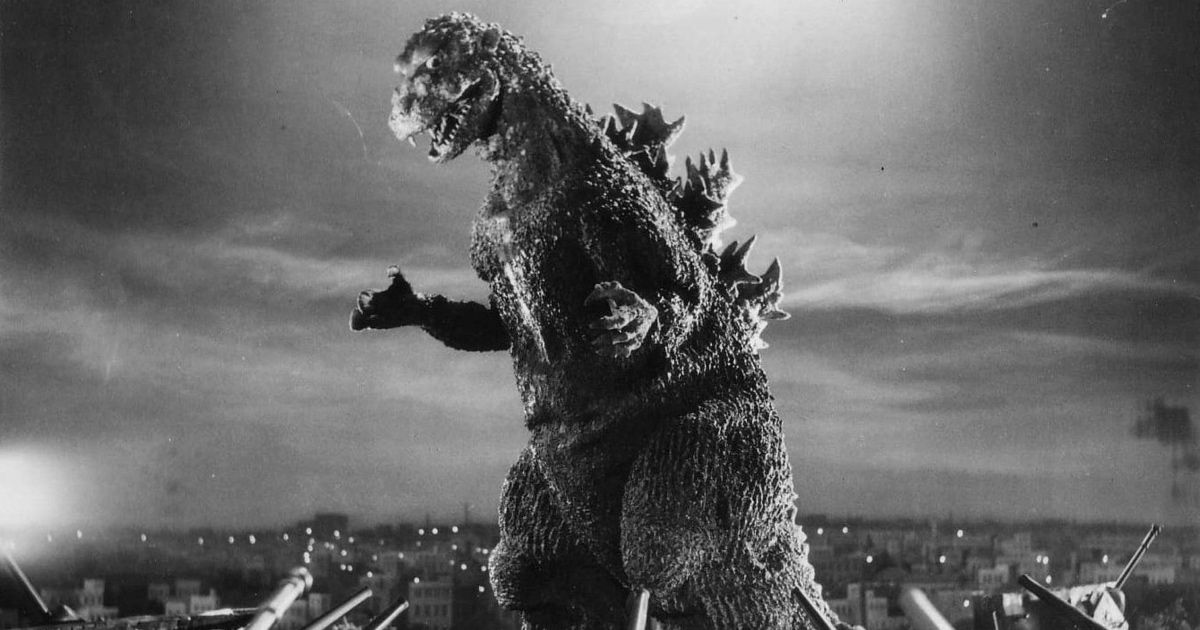
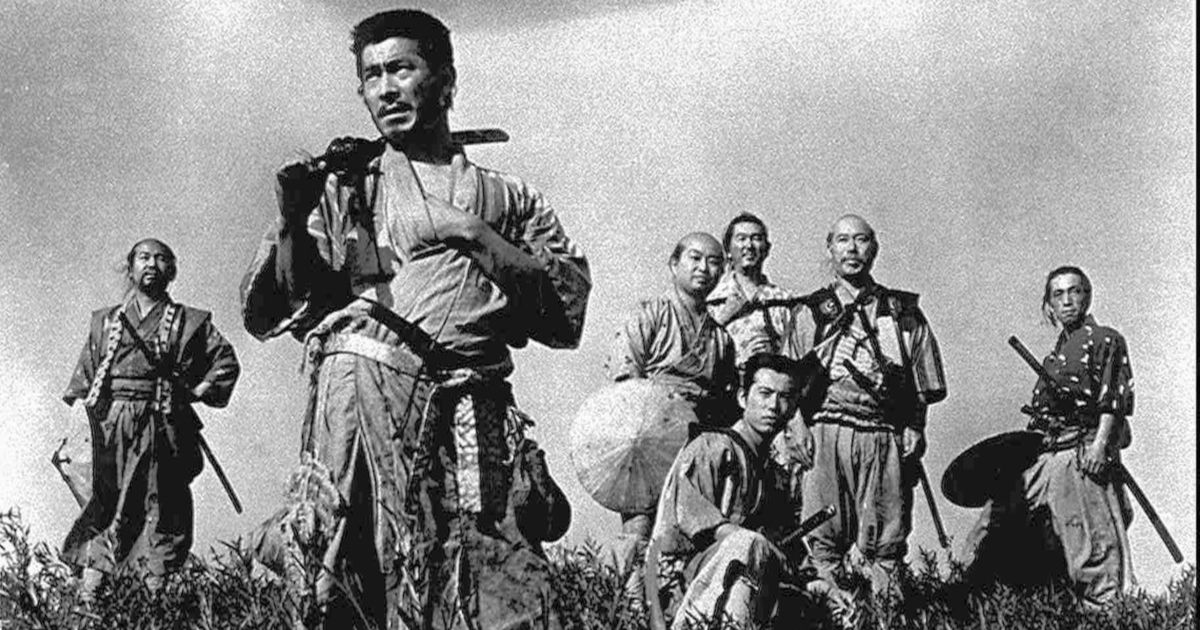
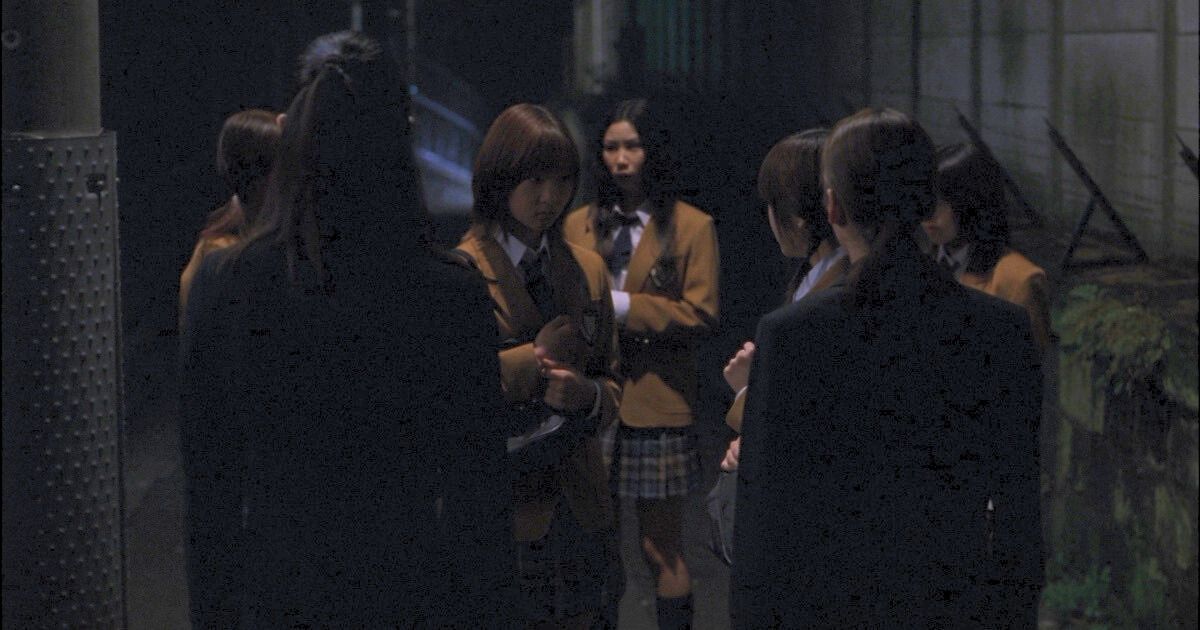
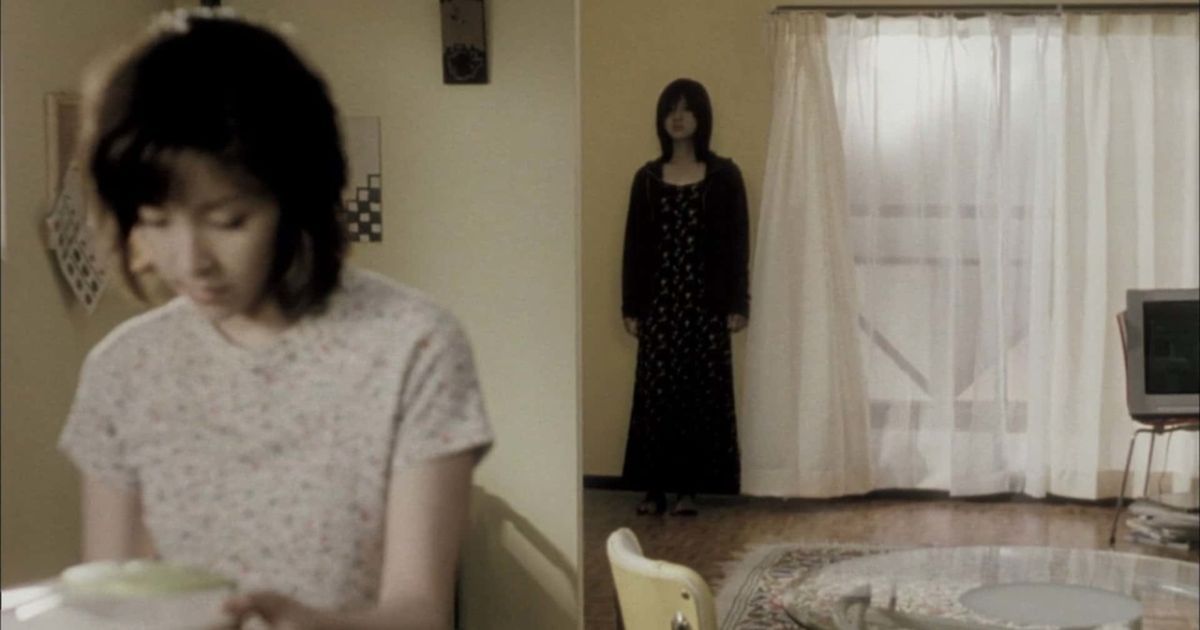
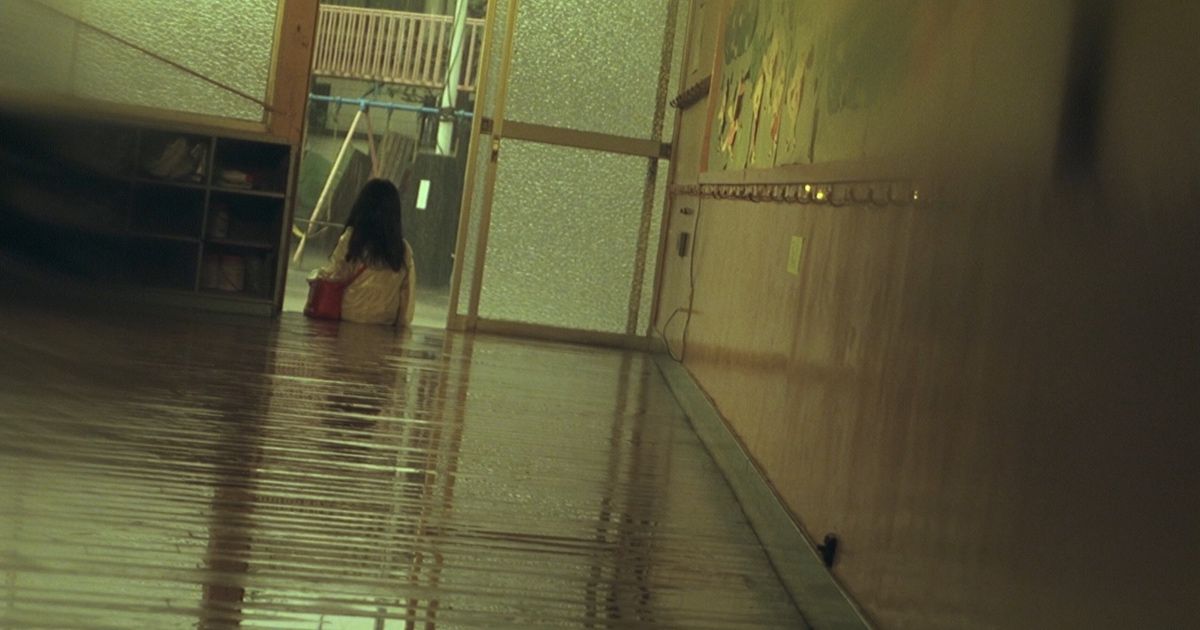
.jpg)
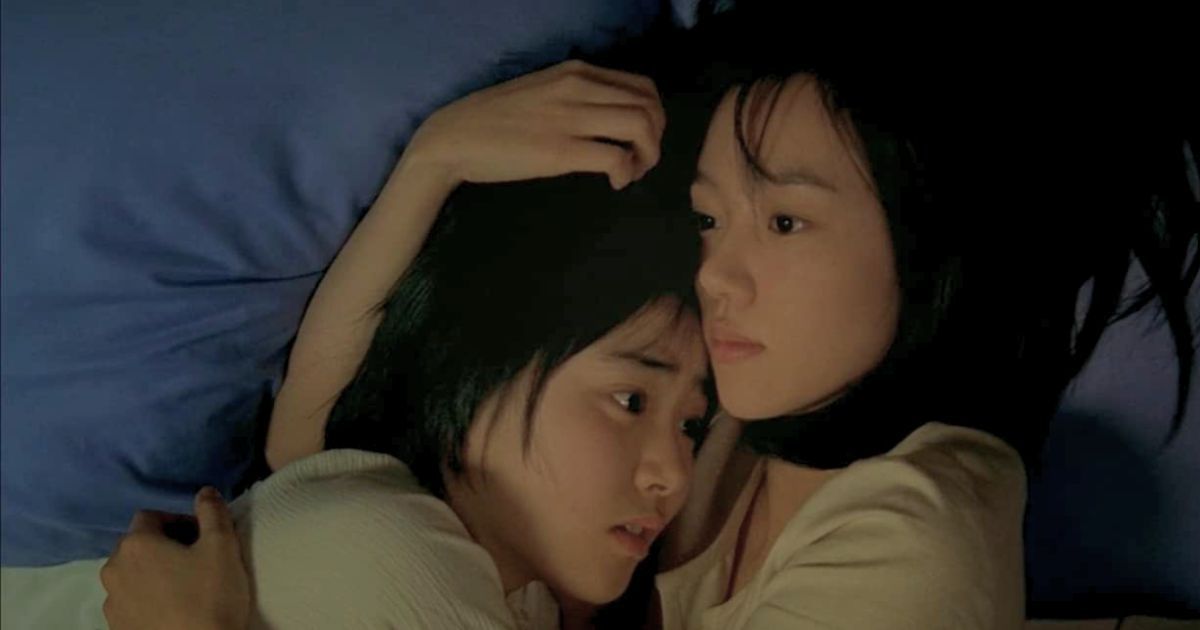
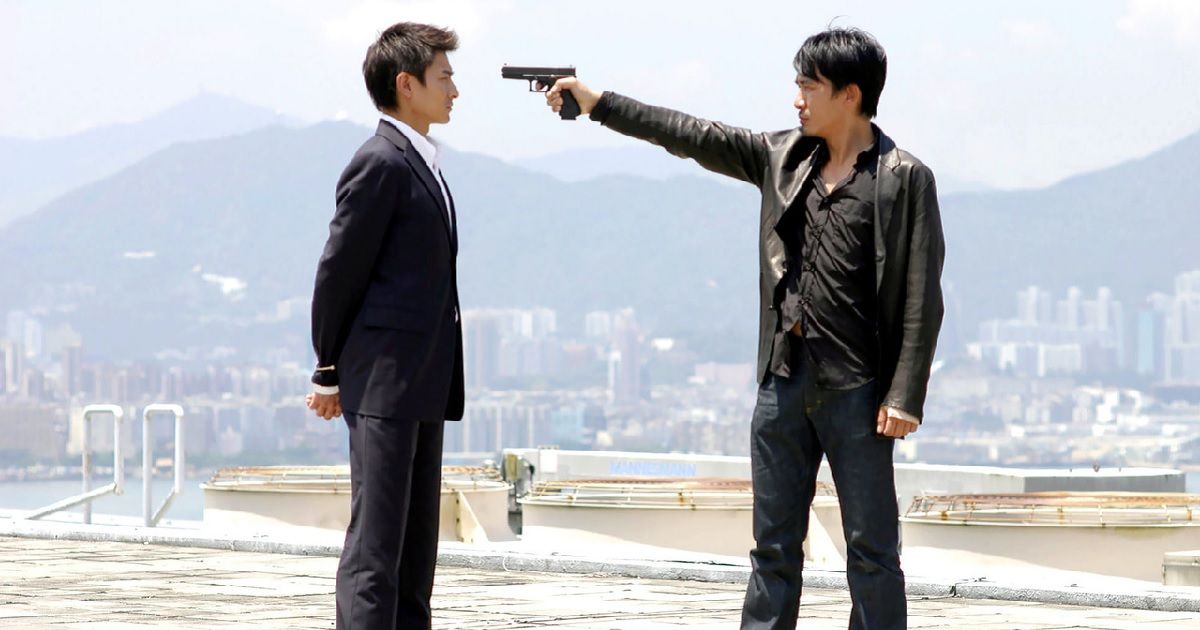
No comments:
Post a Comment